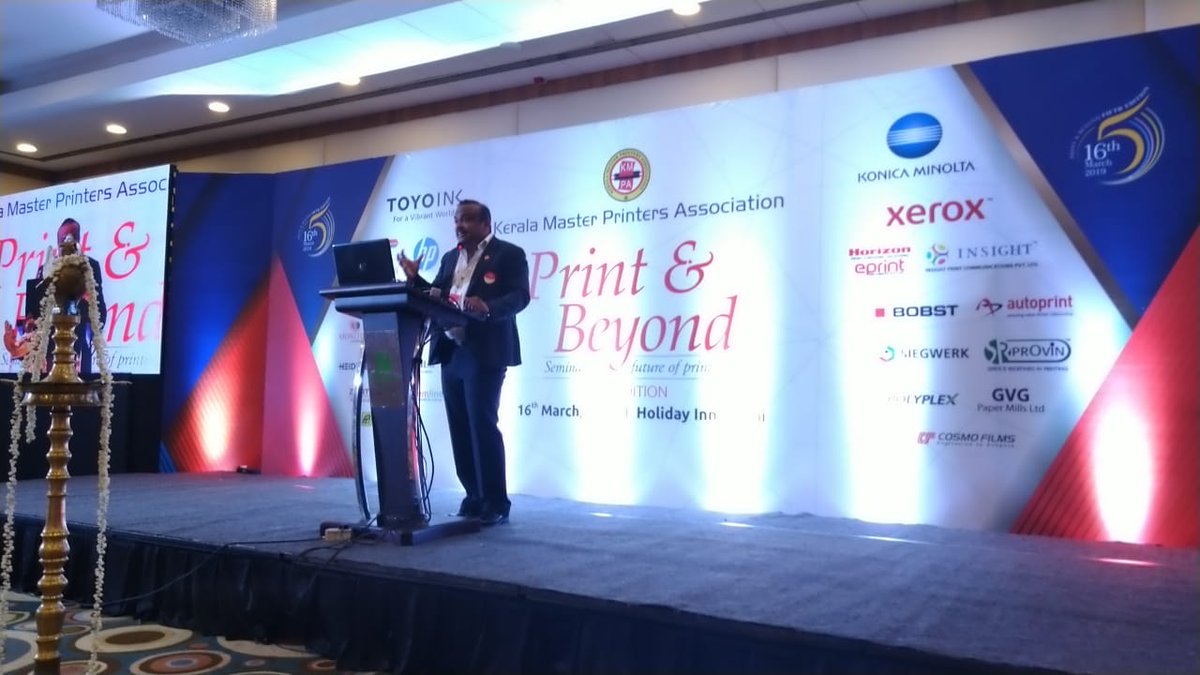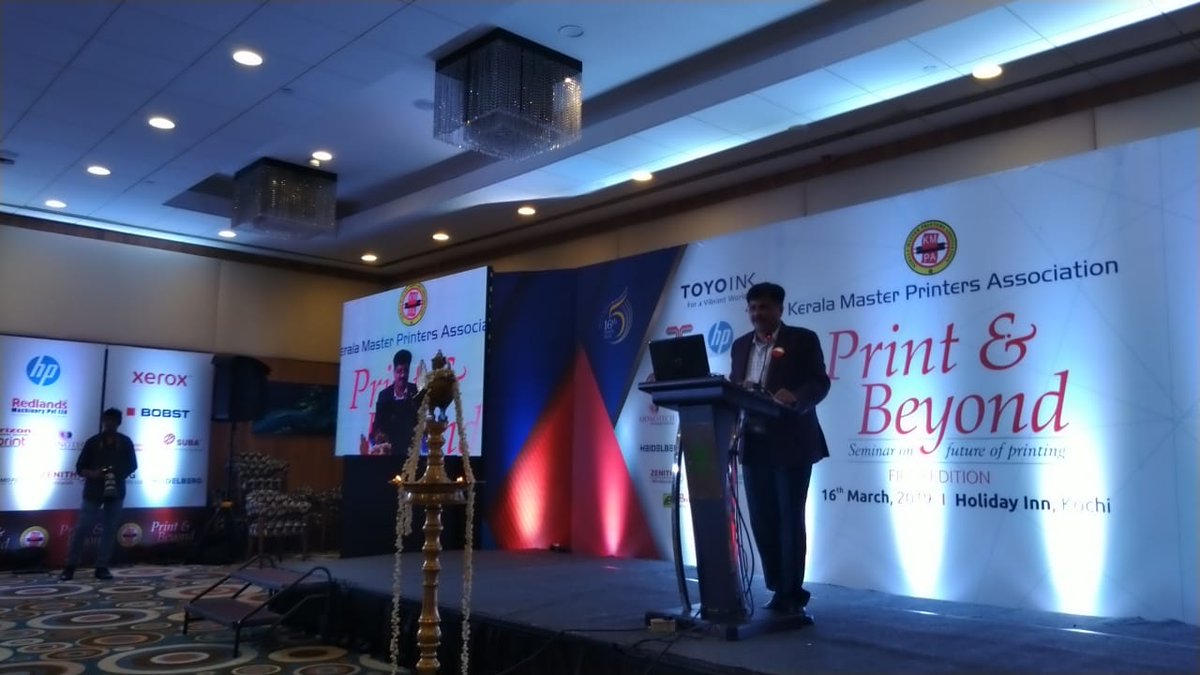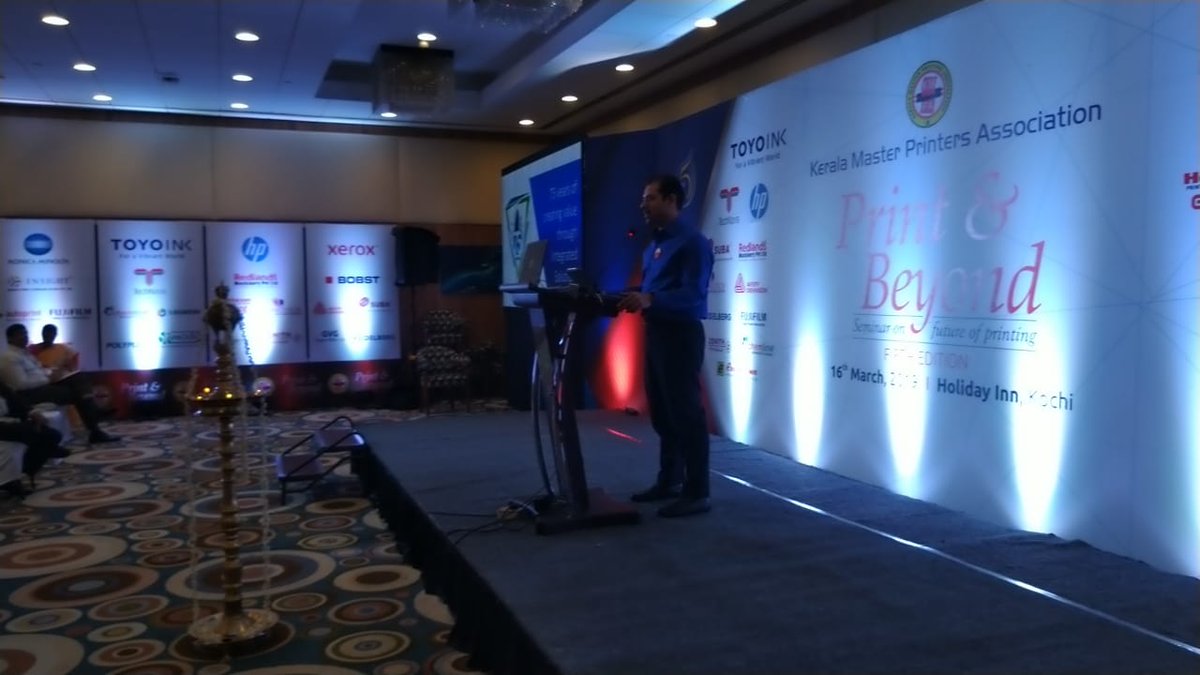It's the acceptance of a world that roots on contradictions: The economics of a buisness trying to optimize and reduce cost to reach operational efficiency. And at the same time such processes slow down the change in a company.
Short answer: Yes. And No.
Companies facing a more challenges then ever. Slow reacting hierarchical structures that are overly optimized cannot react to new developments.
Having too much change risks the market of the current product. They would create an inhouse concurrence or higher risk of failure.
They are transforming slowly as many people see IT still alone as a cost factor. The possibility to enhance products with IT services is today one of the disruptive movements we can see.
If you have a look at the above described companies, you may already be able to connect them at least partly with the established market for conventional combustion engine car manufacturers.
Tesla was a startup. A flexible and energetic company structure with only one goal: Make EVs popular
But more importantly change is one of the best qualities of startups. Together with fast prototyping
EVs that combine engineering, design and the usability of an smartphone. Combined with an smartphone with over air updates and multimedia offers. A platform for future success.
We talked about contradictions. We need both: Changes that keep our company ahead of the market, but also efficiency to deliver fast and cheap.
Currently we see this when we watch Tesla.
And they need to force again the change. Optimize again. Change again, and so on.
But be sure. One day #Tesla will be disrupted by another startup that pushes the change into a new market...
@jpr007 @vincent13031925 @28delayslater





